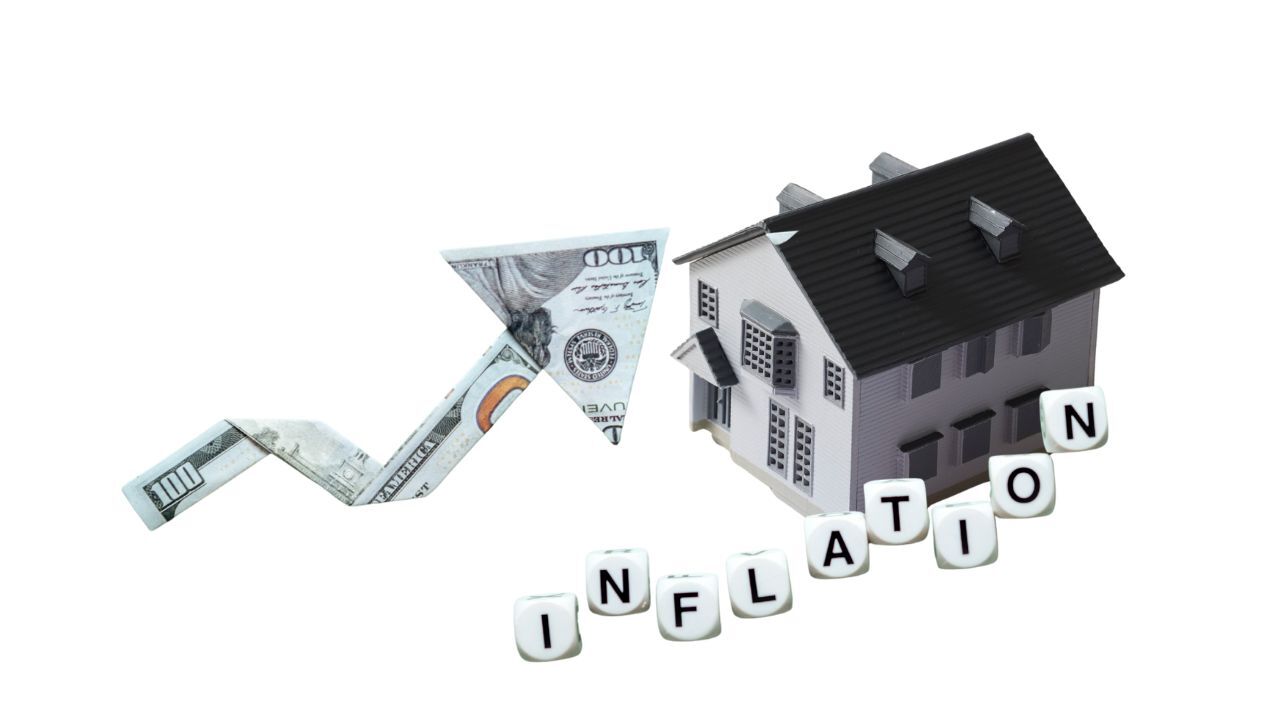Should You Wait to Buy a Home Until Rates Drop?
 A Common Question for Today’s Market
A Common Question for Today’s Market
Many buyers are wondering if now is the right time to purchase a home or if they should wait for mortgage rates to fall. It is a fair question, especially when rates fluctuate and the headlines make it seem like waiting could save thousands. Understanding what affects rates, prices, and long-term value can help you make a confident decision that fits your financial goals.
Rates May Drop, but Prices May Rise
It is true that mortgage rates could decrease in the future, but lower rates often bring more buyers into the market. That increased demand tends to push home prices higher. So, while you might pay a lower interest rate later, you could also face more competition and higher prices for the same home.
You Can Always Refinance Later
One of the biggest advantages in today’s market is flexibility. If you buy now at a higher rate, you can refinance later if rates go down. This strategy lets you start building equity right away instead of waiting on the sidelines.
When you refinance, you keep your home, lower your monthly payment, and take advantage of the new rate environment. Meanwhile, your property may increase in value and your loan balance continues to decrease.
Focus on Affordability, Not Just Rates
The interest rate is only one part of the equation. What really matters is whether the home and monthly payment fit comfortably within your budget. Look at your overall financial picture, including your income, other debts, and long-term goals.
Even if rates are higher today, the right property in the right location can still be a smart investment. Real estate typically appreciates over time, and owning a home builds equity that renting simply does not.
Personal Timing Matters More Than Market Timing
Your life goals should guide your homebuying decision more than rate speculation. Are you ready to settle down, build equity, and create stability for your family? Those reasons often outweigh the short-term fluctuations in rates. If you find a home that meets your needs and fits your finances, waiting for the perfect rate could mean missing out on the perfect home.
Trying to predict mortgage rates is like trying to predict the stock market. While rates may eventually fall, home prices and competition may rise at the same time. Buying when you are financially and personally ready often makes more sense than waiting for ideal conditions. And remember, you can always refinance later. The key is focusing on your long-term goals, not just today’s rate.
 Inflation affects nearly every part of the economy, from grocery prices to the cost of borrowing. For homeowners and buyers, understanding how inflation impacts mortgage rates and payments can be a powerful advantage. While rising prices can feel discouraging, there are strategic ways borrowers can benefit during inflationary periods.
Inflation affects nearly every part of the economy, from grocery prices to the cost of borrowing. For homeowners and buyers, understanding how inflation impacts mortgage rates and payments can be a powerful advantage. While rising prices can feel discouraging, there are strategic ways borrowers can benefit during inflationary periods.